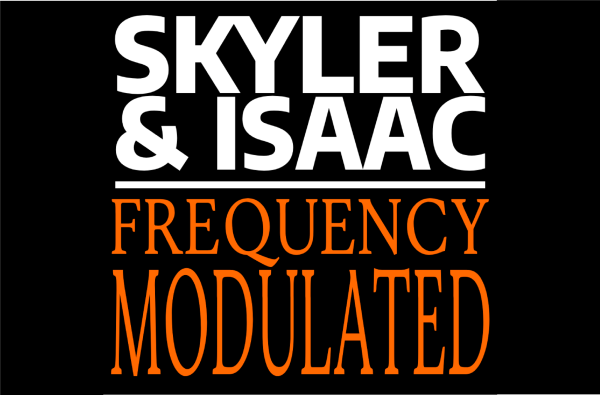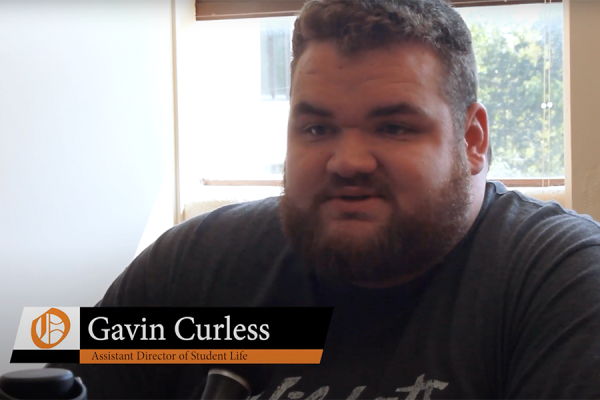Political slander turns off students
Following a particularly slanderous campaign trail, students are left contemplating the outcomes. But before midterm elections took place on Nov. 4, students had already been tuned out for months.
Whether it is due to apathy or busy-ness, students and young voters only made up about 19 percent of the 2008 electorate, according to the Campus Vote Project. Many students complain that it is the political advertisements that are the cause of a distrust in the political system, which leads to a lack of interest in voting.
In the Kansas midterm elections, there were many volatile campaign ads, ranging from blaming Pat Roberts for the number of illegal immigrants in the country to saying “a vote for Greg Orman is a vote for Obama.” Not only are these claims widely exaggerated, they also compromise the system.
When it was the high time for campaigning for the midterm election, students had their own midterms to worry about. For the most part, the only information they had about candidates came from the political advertisements that they saw.
The commercials are too focused on putting other politicians down rather than the actual issues and policies that the candidates support. And yes, students should be able to do their own research and decide who to vote for based on their outside information, but at the base of the issue is that many students only remember which political advertisement was slamming which candidate.
And if they do somehow avoid all the political slander, students will still usually vote based on party affiliation. In a time of essays and philanthropy events, students hardly have time to read about economic policies and social welfare.
If we are wanting to increase the amount of student or young-voter involvement, the system needs to change.
Students are turned off by the idea of politics because it’s either horrifically negative or because, at a basic level, it takes a lot of work to really understand. If there was a system in place, one that was reliable and honest, maybe it would be easier for students to find interest and conversely become involved in the political process.







